
By Caitlin Wolper
Is the house still standing? That’s what the singer René Kladzyk is waiting to find out when she returns to her childhood home in Michigan this Christmas.
“I’ve been having dreams about it, just wondering if they tore it down or not. It makes sense for them to tear it down, but it’s just, I don’t know — it just feels like the last place that remains of my dad,” Kladzyk tells MTV News. She frets. “There are no real places left.”
Kladzyk, 36, had been planning to move from New York City to Tucson — a midpoint between her parents’ homes — in February 2020. But when she went home to El Paso for the 2019 holidays, her dad Frank suddenly had a stroke. She spent the time between Christmas and New Year’s Day in the hospital; he passed away on January 2, 2021.
She never made it to Tucson. Kladzyk only went back to New York to clean out her apartment, instead staying with her stepmom full-time to grieve her father’s death. She started working as a reporter covering COVID-19 and immigration. Her life was changing rapidly, and at the same time, a 14-year relationship ended.
“There was this big relationship in my life that was the inspiration for a lot of love songs, and when my dad died, [this person] was really awful to me. It was like the last straw, and I stopped speaking to him,” she says. “I lost my dad, I lost my best friend, I moved to a new place. Every single facet of my life was rewritten really radically.”
Amid that upheaval, Kladzyk, who performs as Ziemba, created her fourth album, Unsubtle Magic. A carefully orchestrated work, Kladzyk trades between the eerie and intimate, stepping back and forth, downhearted and hopeful, into scenes of hulking grief. Unsubtle Magic is a heel-turn from Kladzyk’s previous work, which looked to high-spirited ‘80s pop, loaded with synths and twinkling love songs.
“This album was precipitated by my dad’s death. That whole period of time was very tumultuous in a lot of ways,” Kladzyk says. “It wasn’t just his death. It was rebuilding from the ground up.”
Unsubtle Magic was first imagined as a cover album of the soft rock her father made under the pseudonym Aurel Roy. The reworkings and original songs that emerged delicately interrogate grief and journey through stages of mourning.
Imposed in part by the coronavirus pandemic, “solitude was very conducive to getting a ton of shit done,” Kladzyk says. She found solace in other art, like Mary Oliver’s poetry, namely “In Blackwater Woods”; Joan Didion’s classic novel about grieving, The Year of Magical Thinking; and Ionna Gika’s finger-plucked, ghostly song “Roseate” that, after a period of calm, unleashes gritty chamber pop. “A feeling of commiseration was helpful for me,” she adds.
Unsubtle Magic was inspired by her father’s music as well as the Velvet Underground’s John Cale, the British folk-rocker Richard Thompson, and the Magnolia soundtrack. “My dad’s musical aesthetics seeped into it,” Kladzyk notes. “There are a lot of references to the era when he was a touring musician — there are a lot of ‘70s rock musical references.”
She recreated one of his own songs, the measured “Set in Ice,” for the record. Though she typically has to switch a song’s key to perform something of her father’s, this track fits in both their registers. It’s a prescient tune reimagined in this context. Lyrics like “Heaven only knows how I made it through” and “The woman lies aching, she’s set in ice” feel inextricable from Kladzyk’s own experience. “Set in Ice” is a spot where the album swings toward bohemian balladry, earnest and even-keeled. It makes sense on an altogether frozen, frigid album animated by motifs of gushing water and lonely winter.
Now, nearly a year since her father passed, Kladzyk is facing the first Christmas with his absence.
“I don’t really love winter, but for a couple of weeks in December, I really love winter. And I think it’s partly that, when I was a little kid, Christmas felt so magical,” Kladzyk says. In her marching ode “Sandia Crest,” which memorializes an aunt, she describes waking up on Christmas morning. “I just remember running down the stairs and turning and seeing all the lights and smelling the pine. And that was just so thrilling.”
Coming to terms with the fact that this house is “now a derelict property” made her realize that losing the structure itself means the joy in the memory is gone: “Christmas lost, that feeling [of joy] lost.” It’s not just losing physical manifestations of her father’s presence — her own legacy is forfeited along with the building, as she sings in “A Nightmare.” “Part of you might die here, a part of you I’ll never know,” she acknowledges. “Part of me might die here, a part of me no one will ever know.”
When Kladzyk shares that she’ll spend the holidays this year at her aunt’s, she chokes up for the first time.
“The house I’ll be at, where my aunt lives, is the house that my dad grew up in Bad Axe, Michigan,” Kladzyk says. “My aunt, all of her siblings died, and she lives by herself there in her childhood home. She’s very isolated, so I’m going out there because I didn’t want her to be alone. She’s been alone for a lot of holidays.”
She touches on the holidays with a careful eye on looming devastation. Her cover of “I’ll Be Home for Christmas” cherry-picks the classic’s two most yearning stanzas, which include “I’ll be home for Christmas / You can count on me” and “I’ll be home for Christmas / If only in my dreams,” and adds a campy glee that would read glib if it weren’t so self-aware.
Her own track “Only Lonely Christmas” turns a wary eye toward the impending holidays. Reimagining her father’s hospital room, Kladzyk mourns the future: “Will it be only lonely Christmas?” There’s still evidence of her father in the world, of course. She has his music, has written an ode to his lessons, and she sees his behaviors and mannerisms echoed in herself and her sister. The recognition is painful at times, but more than anything, it’s heartening.
“It’s nice actually to be reminded of weird little details,” Kladzyk says. “The thing that makes me sadder is the idea of forgetting.”
She’d prefer to be haunted. On the electro-pop “Will You Haunt Me,” which hearkens to Kate Bush’s “Hounds of Love,” Kladzyk sings, “Will you haunt me? Pray you’ll haunt me now.” The idea of total loss is perhaps the most painful.
“I guess in some ways I’m doing better, more functional or whatever, but grief is weird. You think you’re fine and then something triggers and you’re crying on the phone with the reporter,” she chuckled wryly. “I think it will hurt for the rest of my life. I’m OK, I’m moving on in all sorts of ways and I’ve accepted it, but it’s still shocking to me sometimes.”
Much like the commiseration she found in reading Didion and others, she felt she needed to create a work of substance when writing Unsubtle Magic. “As a listener, when someone is actually opening their heart, it’s healing in a way,” Kladzyk says. “A lot of making this album didn’t feel good, and I motivated myself because I thought it might help somebody else.”
Unlike some of Kladzyk’s past recordings, Unsubtle Magic is inextricable from the life events surrounding it, difficult as it was to put together. She points to “Harbor Me,” an uptempo song on her previous album, and says that, compared to what she endured to create Unsubtle Magic, she feels disconnected from its origins.
“I love that song — it means nothing to me,” Kladzyk says. “That song is so much easier than writing things that break your heart.”
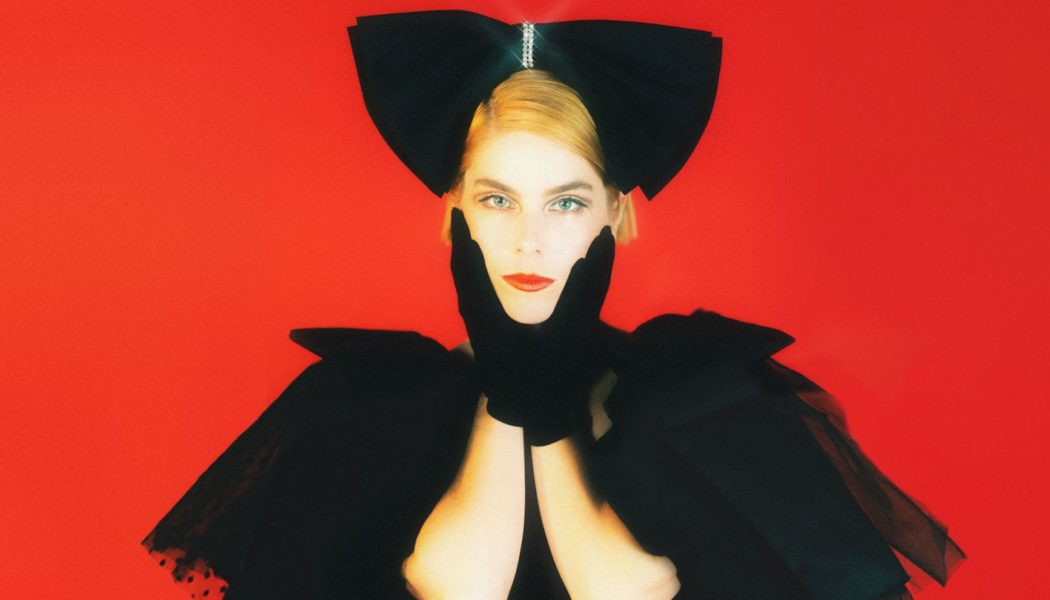

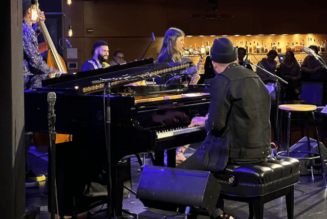


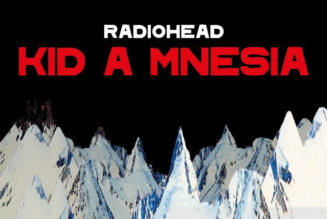
![Frank Edwards – Opomulero [AUDIO + VIDEO]](https://www.wazupnaija.com/wp-content/uploads/2020/06/frank-edwards-opomulero-audio-video-327x219.jpg)
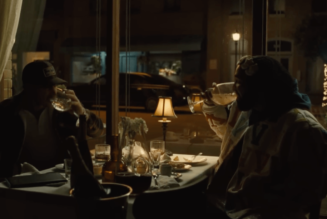


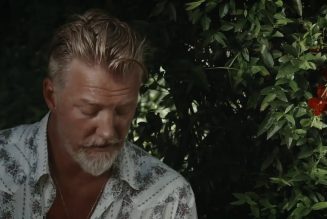
Tagged: music